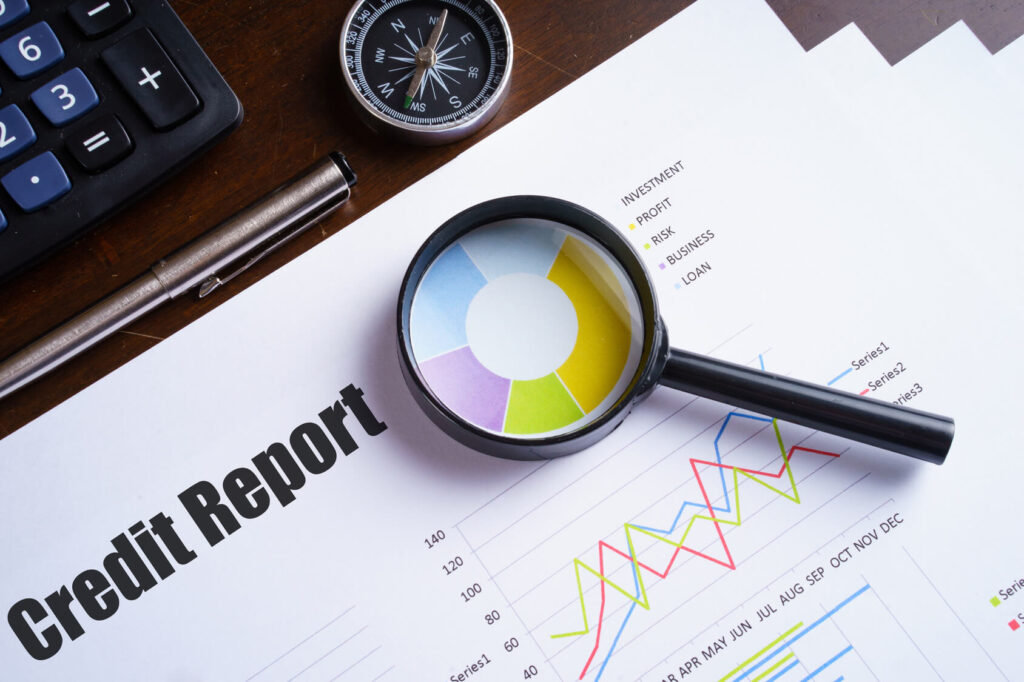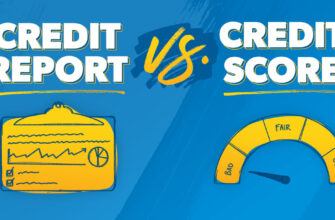Understanding the Basics of Credit: A Comprehensive Guide
Credit plays a significant role in our financial lives. Whether you’re looking to buy a home, start a business, or simply manage your day-to-day expenses, having a good understanding of credit is essential. In this comprehensive guide, we will delve into the world of credit education for beginners, explaining the fundamentals of credit and providing you with the necessary knowledge for financial success.
Credit Education for Beginners
A. What is Credit?
To begin our journey, let’s first define credit. Credit is a financial arrangement between a borrower and a lender, where the borrower receives funds or goods with the promise to repay the lender in the future. It is essentially a trust-based system that allows individuals and businesses to access resources they may not have immediately available.
B. Types of Credit
Credit comes in various forms, each serving different purposes. Some common types of credit include:
- Revolving Credit: This type of credit allows you to borrow up to a certain limit, and you can continuously borrow and repay within that limit. Credit cards and lines of credit are examples of revolving credit.
- Installment Credit: Installment credit involves borrowing a fixed amount and repaying it in regular installments over a specific period. Auto loans and mortgages are typical examples of installment credit.
- Open Credit: Open credit refers to credit extended by a retailer or service provider that allows you to make purchases on their platform and pay the balance in full each month. Store credit cards and utility bills often fall into this category.

C. Importance of Credit
Having a good understanding of credit is crucial for several reasons:
- Financial Opportunities: Credit opens up opportunities such as buying a car or a home, starting a business, or pursuing higher education. Good credit can make these endeavors more accessible and affordable.
-
Building a Credit History: Credit history is a record of how responsibly you manage your credit obligations. A positive credit history can enhance your chances of obtaining future credit and securing favorable terms.
- Credit Scores: Credit scores are numerical representations of your creditworthiness. Lenders use them to assess the risk of lending to you. A higher credit score can lead to better interest rates and more favorable loan terms.
Credit Fundamentals Explained
A. Building Credit
If you are new to credit or have limited credit history, building credit is a crucial step. Here are some tips to get started:
- Obtain a Secured Credit Card: A secured credit card requires a cash deposit as collateral, making it easier to get approved. Use it responsibly and make timely payments to build a positive credit history.
- Become an Authorized User: Ask a family member or close friend with good credit to add you as an authorized user on their credit card. Their positive credit behavior can reflect on your credit report.
- Pay Bills on Time: Consistently paying your bills, such as rent and utilities, on time helps establish a positive payment history.
B. Managing Credit
Once you have credit, it’s important to manage it effectively. Consider the following:
- Budgeting: Create a budget to track your income and expenses, ensuring you can afford your credit payments while meeting other financial obligations.
- Responsible Credit Card Usage: Keep your credit card balances low and aim to pay the balance in full each month. Avoid maxing out your cards, as it can negatively impact your credit score.
- Monitor Your Credit: Regularly check your credit reports from the major credit bureaus to ensure accuracy and detect any potential fraud or errors.
Credit Knowledge for Financial Success
A. Maintaining Good Credit
To maintain good credit, follow these practices:
-
Timely Payments: Pay all your credit obligations, including loans, credit cards, and bills, ontime. Late payments can have a detrimental impact on your credit score.
- Low Credit Utilization: Aim to keep your credit card balances below 30% of your available credit limit. High utilization can indicate financial strain and may negatively affect your credit score.
- Diverse Credit Mix: Having a mix of credit types, such as a credit card and an installment loan, can demonstrate your ability to manage different forms of credit responsibly.
B. Credit Repair
If you have poor credit or negative marks on your credit report, it’s not the end of the world. You can take steps to repair your credit:
- Review Your Credit Report: Obtain copies of your credit reports from all three major credit bureaus (Equifax, Experian, and TransUnion) and carefully review them for inaccuracies or errors.
- Dispute Inaccurate Information: If you find any incorrect or outdated information on your credit report, file a dispute with the respective credit bureau to have it investigated and corrected.
- Develop a Repayment Plan: If you have outstanding debts, work on developing a repayment plan to address them systematically. Consider reaching out to creditors to negotiate payment terms or explore debt consolidation options.
C. Responsible Credit Practices
To ensure long-term financial success, practice responsible credit habits:
- Live Within Your Means: Avoid overspending and accumulating excessive debt. Only borrow what you can comfortably afford to repay.
- Regularly Review Your Finances: Stay on top of your financial situation by regularly reviewing your income, expenses, and savings. Adjust your budget as needed to maintain a healthy financial balance.
- Seek Professional Guidance: If you’re unsure about managing your credit or need personalized advice, consider consulting with a financial advisor or credit counselor who can provide expert guidance.
Conclusion
Credit education for beginners is essential for navigating the complex world of finance. By understanding credit fundamentals and acquiring the necessary knowledge, you can make informed decisions, build a strong credit history, and achieve financial success. Remember to start small, practice responsible credit habits, and continuously educate yourself to stay on top of your financial well-being.









